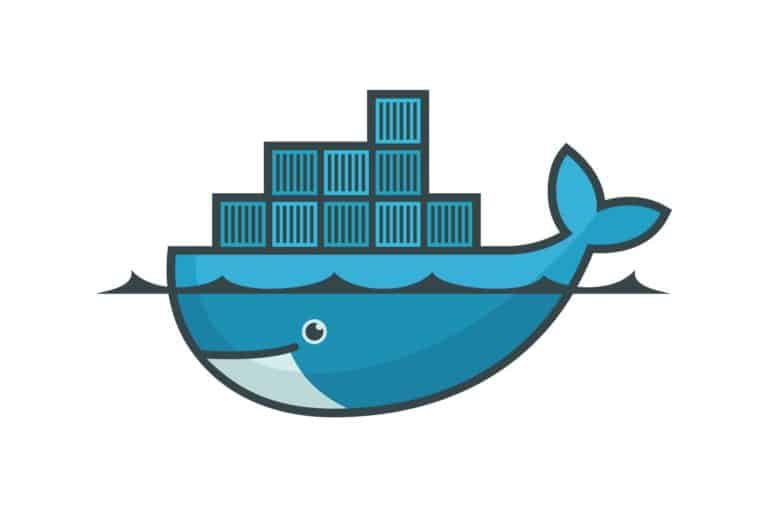Docker has expanded its Compose tool to support AI agent architectures through YAML files, alongside new offload capabilities for GPU-powered cloud processing. Beta-testing customers are already building AI applications with these streamlined containerization tools.
While new entrants promote specialized solutions, established parties like Docker argue for workflow continuity. A Futurum Group survey indicates organizations plan to increase spending on both AI code generation (83 percent) and familiar AI-augmented tools (76 percent). Docker hopes to reach those customers with this new offering.
Defining AI agent architectures in YAML represents a significant shift from traditional programming approaches. Whether this abstraction proves sufficient for complex AI applications remains to be tested as the tools move beyond beta status.
Infrastructure convergence
Docker previously added Model Runner for local LLM execution and support for Anthropic’s enormously successful Model Context Protocol (MCP). The MCP Gateway enables AI agents to communicate with tools and applications, with over 100 MCP servers available through Docker’s catalog.
The company’s approach contrasts with specialized AI development platforms by leveraging existing container expertise, the company’s bread and butter. Over 500 customers have accessed the tools during closed beta testing already, which should have worked out the worst of the kinks.
New AI development approach
The announcement at WeAreDevelopers World Congress also introduces Docker Offload, a beta feature that allows developers to run AI models on remote GPUs via cloud services from Google and Microsoft. This removes the need for expensive local hardware while maintaining familiar Docker workflows.
Docker Compose now supports AI agent frameworks including CrewAI, Embabel, LangGraph, Sema4.ai, Spring AI and the Vercel AI SDK. According to Andy Ramirez, SVP of marketing at Docker, this approach enables millions of container-using developers to build AI applications without learning new toolsets.
The single Docker Compose file approach addresses cost concerns by eliminating separate tooling requirements. However, the pace of AI application development creates pressure for rapid deployment capabilities regardless of the chosen platform.
